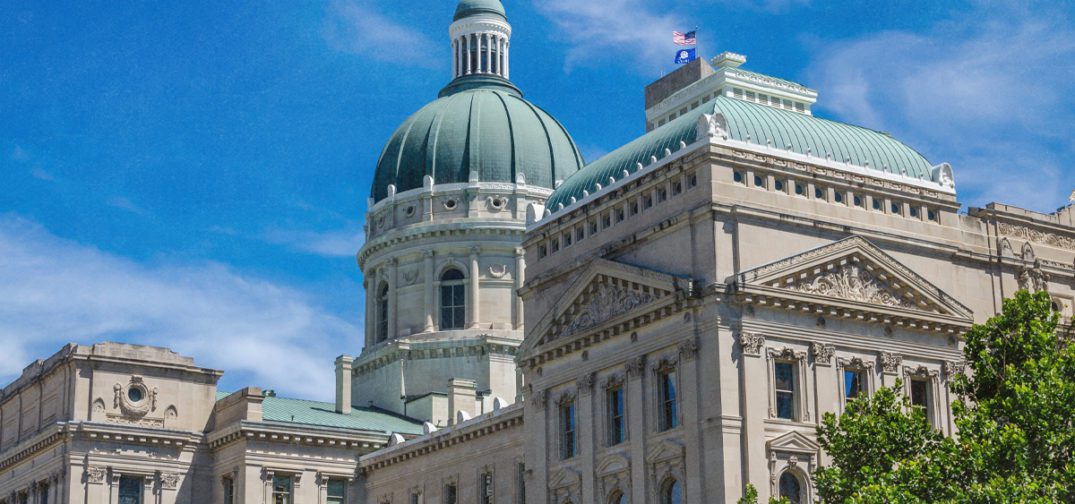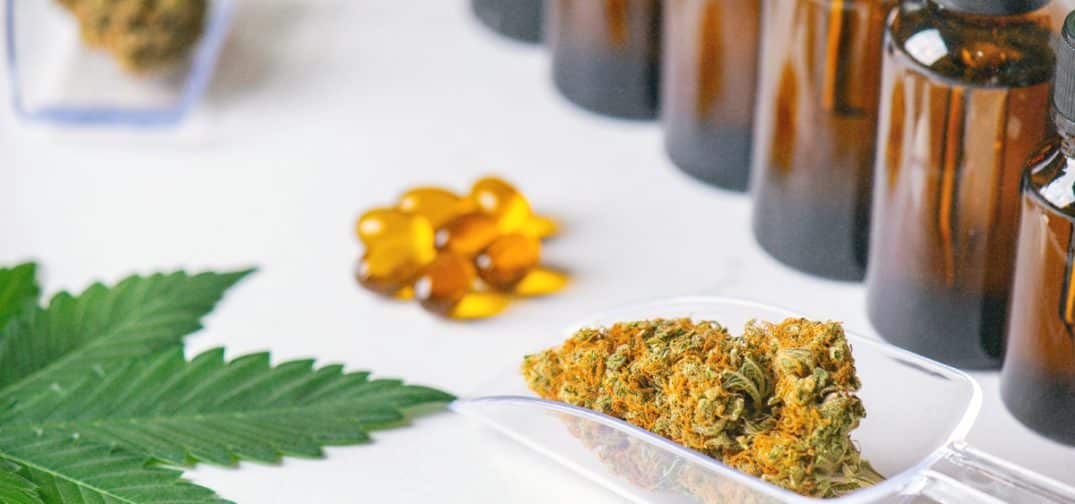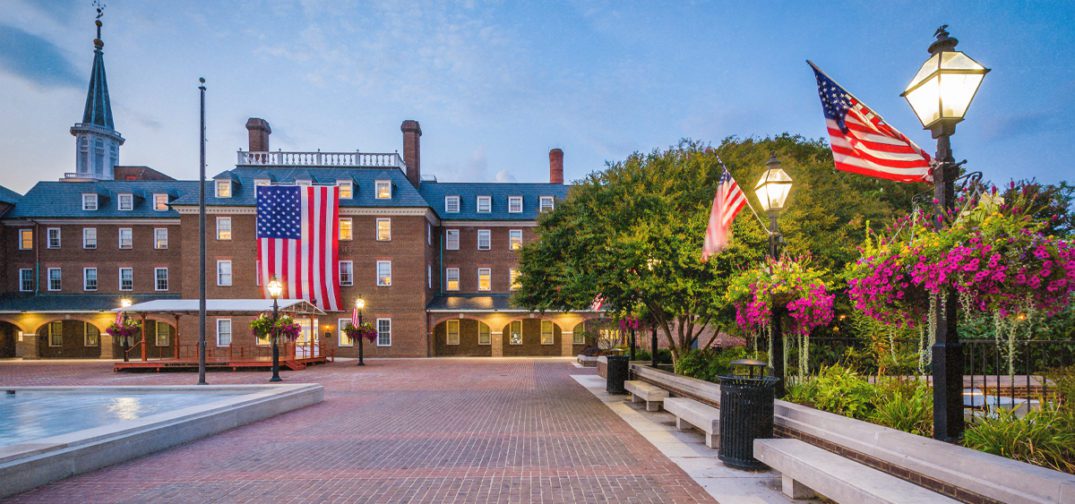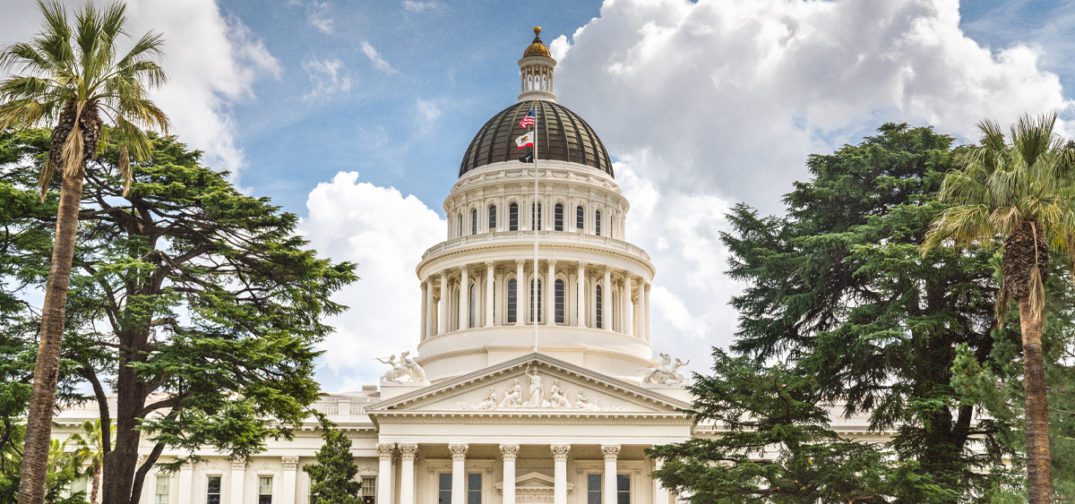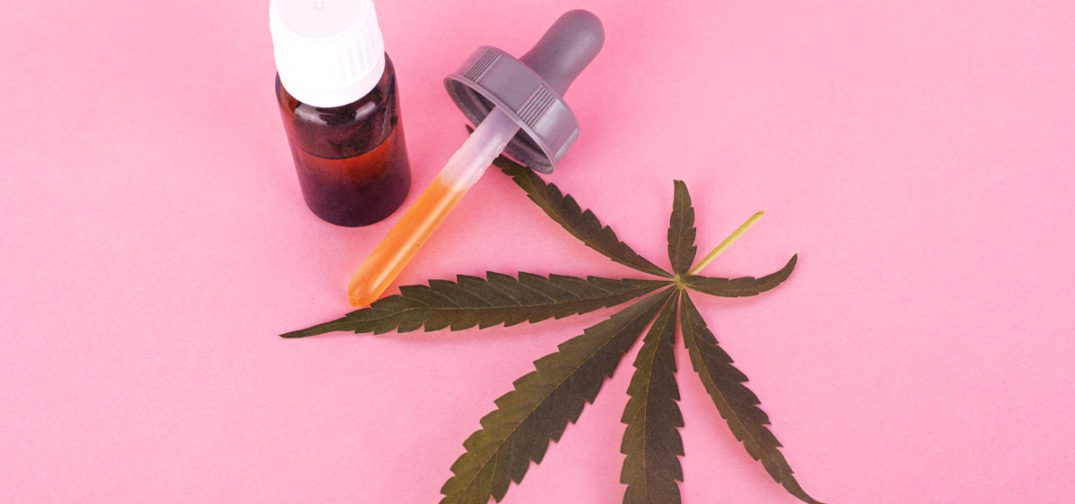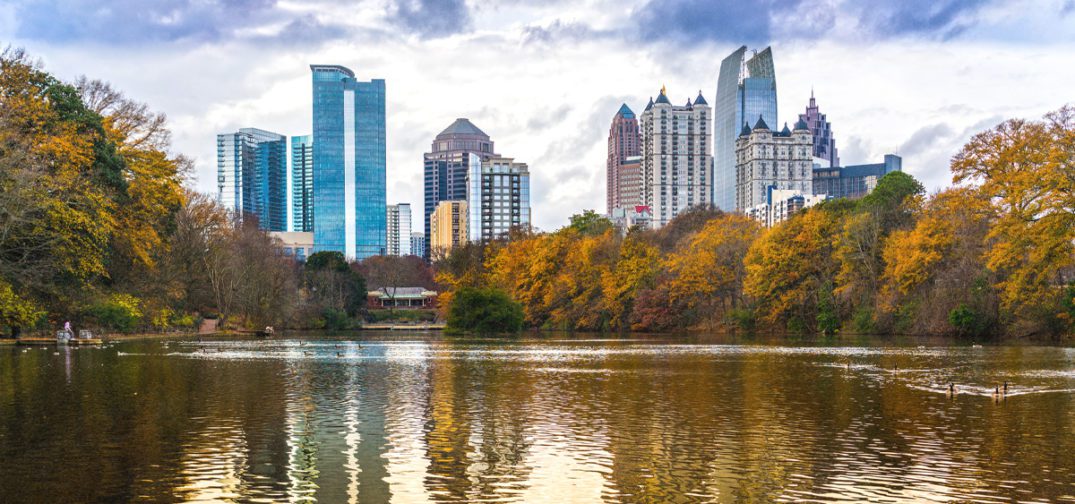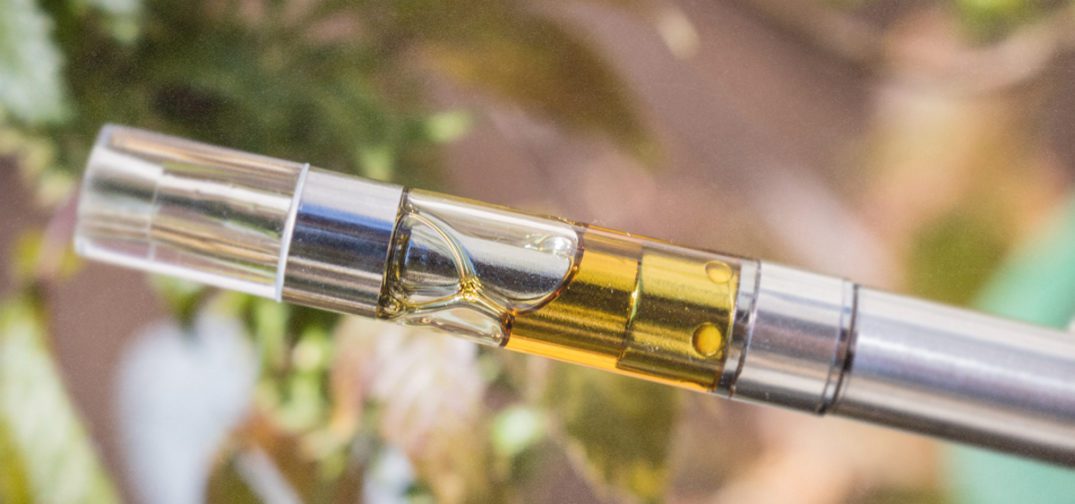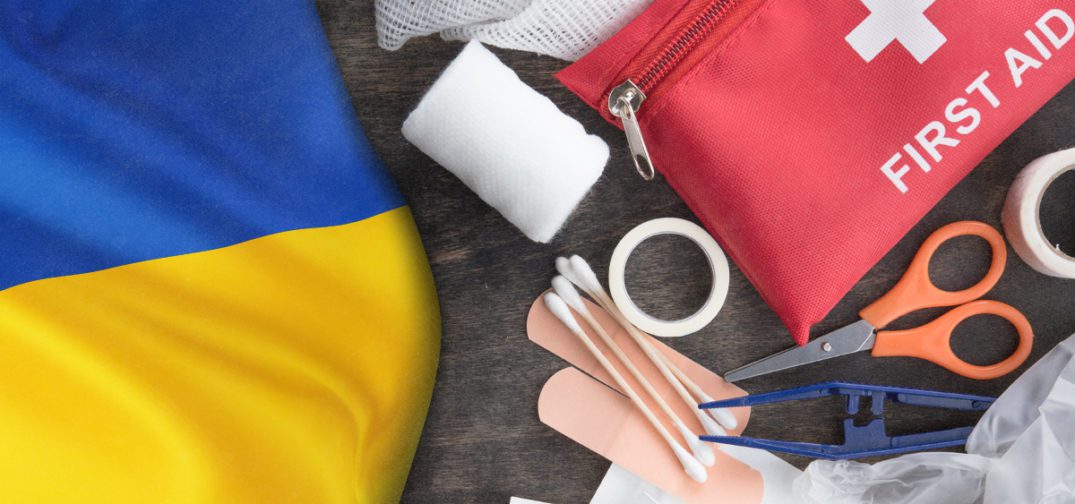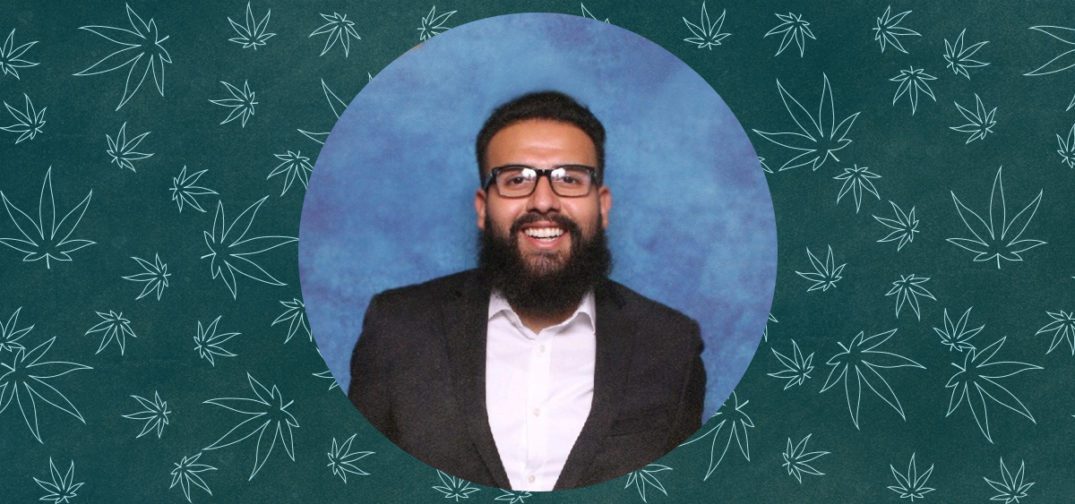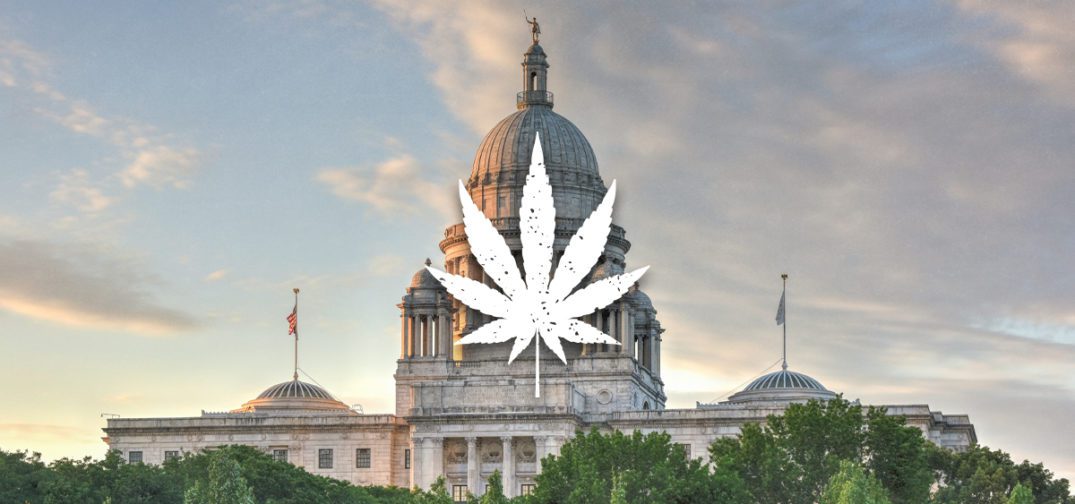So you’ve decided to offer pre-rolled cones; this is a lucrative and amazing business move that can elevate existing businesses and create a strong foundation for new companies. Pre-rolled cones are one of the most popular ways that customers consume cannabis. Pre-rolled cones save your customers time, money, and product, ensuring that they will never go out of style. When assessing how to make a pre-roll, it important to use processes that will save your business time, money, and product.
Every step is essential to creating the best product, from pre-rolling a cone to filling cone papers, to knowing how to package cones. When thinking about how to start a pre-roll company, knowing all the main steps that enable you to make the best pre-roll cone will aid you immensely.
Step 1: Preparing Cannabis For Pre-Rolls
While preparing cannabis might seem like the easy part, there are several important steps to guarantee your pre-rolled cones are high-quality!
Grinding Cannabis for Pre-Roll Production
One of the essential steps to making your own pre-roll cones is getting the perfect grind of the product. A bad grind can ruin the whole pre-rolled cone and turn customers off your product – no one wants that! If the weed flower is not ground correctly, your pre-rolls will be hard to smoke, and the pre-roll will not hold as much product as it should.
When it comes to making pre-rolled cones, a handheld grinder won’t cut it. They will waste precious labor and time, preventing your company from getting pre-rolls in customers’ hands. This is where industrial grinders come into play. Industrial grinders can finely grind pounds of weed in seconds. The benefits are clear; you’ll be able to produce large quantities of finely ground marijuana.
Sifting Out Stems
How to make a pre-roll without any pesky stems is another crucial part of pre-roll production. No one wants stems in their pre-rolls; they don’t burn well and take up space that should be filled with marijuana. Larger stems can even tear the pre-roll paper. This is why sifters are a must-have for pre-rolled joint companies. Sifters come with various screen sizes that can sift even the smallest stem out of the ground cannabis. If your business also makes concentrates, sifters can be used to sift out kief.
Some industrial grinders also function as stem removers; you can use these machines without sifters or with an extra layer of stem removal by using sifters.
Step 2: Choose the Type of Pre-Rolled Cone to Fill
After you’ve produced premium ground weed, the next question about how to make a cone joint is choosing the perfect cone. Cones come in many varieties, and picking the one that works best for your business is essential.
Size Makes All the Difference
When it comes to making pre-rolls, size matters. Cones come in many different lengths; 1 ¼, 98 Special, and King Size are considered the Holy Trinity of cone sizes. Each size holds a different amount of cannabis, typically ranging from 0.5 grams to 2 grams. When your business decides the amount of marijuana you want your cones to hold, you can choose pre-rolls based on that amount.
Filter Tips
How to use pre-rolled tips is yet another variable to take into account when you make your own pre-roll cones. Shorter filters will result in more potent hits, and longer filters provide lighter, cooler hits. The length of the tip will also affect the amount of cannabis that goes into the pre-roll. Knowing how to make pre-rolled cones that contain tips while meeting your standard fill amount is paramount in your pre-roll production.
The material and roll of the tips also affect the smoking experience. For example, spiral and W tips better prevent the loose flower from being inhaled and hitting customers’ mouths. These tips also increase draw resistance, which cools the smoke before consumers inhale it. Tips can also be made from glass and wood. These tips provide a more premier smoking experience; they ensure thicker and cooler clouds while adding a luxury aesthetic to your pre-rolls.
Choosing how the size and tips come together will help you make pre-rolls that reflect your company and your customer base. Knowing how to use pre-rolled tips to create a joint that reflects your business is essential!
Wholesale Pre-Rolls
When it comes to packing cones, you should always buy empty pre-rolls and tips at wholesale value. This will mean you buy in bulk, which is perfect for producing large quantities of pre-rolls. Wholesale prices will also keep your costs low, and you will be able to offer your filled pre-rolls at lower retail rates, which in turn enables you to be competitive within the pre-roll market.
Step 3: Filling Pre-Rolled Cones
Filling the pre-rolled cones can be one of the most sensitive and delicate parts of pre-roll production. Hand-filling cones leads to wasted time and product. This is why we recommend pre-roll companies use cone-filling machines. These machines are simple to use; place the pre-rolls into the machine and use the features to fill it with your ground marijuana!
The question of how to pack a pre-rolled cone can seem daunting, but cone-filling machines make it much more straightforward. Machines can fill hundreds of cones in minutes, increasing your production time and profit. Cone-filling machines work in different ways, yet all are effective in packing cones.
How Cone-Filling Machines Work
The first standard way machines work to fill pre-roll cone papers is by using vibrations to pack cannabis from the top down. This creates an even pack; the tamper tool that comes with these machines enables the perfect technique for stuffing a cone. If you use semi-automatic machines, purchasing assembly trays that will hold the cones upright while employees twist the tops is vital. However, cone-filling machines can be fully automatic; this is highly time-saving when it comes to how to fill pre-rolled cones. These fully automated machines create the entire cone, right down to weighing and twisting the end.
Whether pre-rolled joint companies are small or large scale, the question of how to stuff a cone has never been answered so thoroughly. These cone-filling machines are essential for high-quality and quick pre-roll production.
Step 4: Packaging The Pre-Rolls
Since you know all about how to pack a pre-rolled cone, let’s get into the next step! Cannabis packaging is a fundamental part of making pre-rolled cones. Pre-roll packaging comes in several options, and we will cover some of the most used.
Pre-Roll Tubes
One of the most popular is pre-roll tubes. Tubes are perfect if your customers are on-the-go. Once you’ve mastered how to make a pre-roll, these tubes provide discreet and lightweight packaging. Both plastic and glass tubes can also be recyclable and reusable, which is ideal for targeting the ever-expanding environmentally conscious consumer base.
Pre-Roll Tins
One of the best ways to package after you know how to make a pre-roll is with tins. Tins are also reusable, and they can hold multiple cones. Tin containers provide unique packaging options for your pre-rolls that will help you stand out from the competition.
Pre-Roll Boxes
Pre-roll boxes come in both paper and plastic. These boxes are aesthetic and handy. They can hold a pre-roll easily after mastering how to make a cone joint. Boxes are light but durable; if your customers travel with pre-rolls, this packaging option will keep the cones protected and easily packed.
Mylar Bags
Mylar bags should be a staple in any pre-roll business. These bags are perfect for customers on the go and prolonged cannabis storage. All other packaging (tubes, tins, boxes, etc.) are often packaged within mylar bags. However, you can also package loose pre-rolls within mylar bags.
Child Resistant Packaging
Regardless of how to pre-roll a cone and how to package it, packaging in the cannabis industry typically must be child-resistant. Every state requires cannabis packaging to be child-resistant. Tubes, tins, and boxes all come with child-resistant options, including squeeze tops, pushbuttons, or breakable seals. When you make your own pre-roll cones, packaging in child-resistant storage is 100% vital. Without child-resistant packaging, pre-roll companies are at risk of penalties or even losing their license and the ability to produce pre-rolls.
Step 5: The Finishing Touches
So you know how to make pre-rolled cones, how to pack a pre-rolled cone, and how to package pre-rolls. What’s left? Surprisingly, some of the most important aspects of having a successful pre-roll business!
Customization
When thinking about starting a pre-roll company, branding should be at the forefront of your mind. You want your logo to be eye-catching and memorable to create customer recognition and loyalty. Easier said than done, so how do pre-rolls work when it comes to customization? One of the best things about branding is that it’s versatile to fit your vision. You can create tamper-proof seals with custom stickers. Your business can also customize the packaging itself; you can print your logo right onto the cannabis packaging. Customization is the marketing gift that keeps on giving and is essential to building your business.
Many packaging suppliers also offer designers that can create branding for you. You’ll have complete control over creating an emblem for your company, which is perfect if you are starting a new business.
Retail Displays
When thinking about how pre-rolls work in the retail space, retail displays may be a perfect finishing touch for your pre-rolls. If you plan to sell your pre-rolls in the retail space, providing retail displays is a great option. Retail displays will put your pre-rolls front and center in any head shop. Displays will also create name recognition within businesses selling your pre-rolls, strengthening your relationships with suppliers.
The Bottom Line
Creating a line of pre-rolled cones can seem daunting, but following these steps will make it easier! Creating high-quality pre-rolled cones will elevate your business and keep customers happy and coming back for more. As you embark on making your own pre-rolled cones, use these tools to create the perfect product. We cannot wait to see your pre-rolls on shelves soon!
